JRPGs offer an incredibly enjoyable gaming experience, captivating players with their immersive worlds and compelling narratives. While the genre is often associated with high fantasy settings and the effective use of common tropes, many people mistakenly believe that JRPGs do not delve into real historical aspects.
However, this misconception couldn't be further from the truth. In fact, there are several JRPGs that provide opportunities for fans to explore and learn about Japanese history. These games showcase the fascinating stories that have shaped Japan's identity, emphasizing the values of honor and commitment that were held in high regard during different periods. Although some liberties may be taken with historical accuracy for the sake of the plot, players will still appreciate the educational aspect and the richness of Japan's historical background.
Here are some notable JRPGs that offer insights into Japanese history:
Sakuna: Of Rice And Ruin
Combining sidescrolling action and simulation gameplay, Sakuna: Of Rice and Ruin presents a unique experience that should not be overlooked by JRPG enthusiasts. While the idea of cultivating rice might not immediately sound exciting, it's the game's charming characters and presentation that make it a truly enjoyable playthrough. The action-oriented combat complements the simulation gameplay, providing a refreshing change of pace. Furthermore, the world of Sakuna is steeped in Japanese mythology, with hints of history sprinkled throughout.

Inindo: Way Of The Ninja
Set during the Sengoku period in Japan, a time characterized by civil war and internal strife, Inindo: Way of the Ninja brings to life the historical context of warring factions and power struggles. The game transforms the infamous warlord Oda Nobunaga into a demonic antagonist, whose forces destroy the protagonist's hometown. As players guide the ninja protagonist through feudal Japan, they must gather allies and ultimately confront Nobunaga himself.
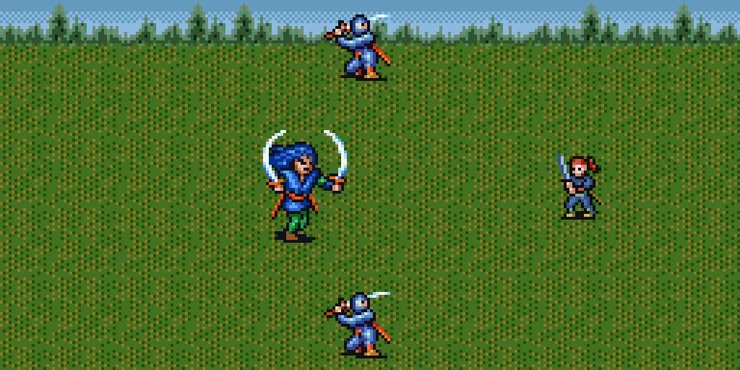
Muramasa: The Demon Blade
Taking place in Japan's Edo period, Muramasa: The Demon Blade is an action JRPG that revolves around Tokugawa Tsunayoshi's hunger for power. This obsession drives Tsunayoshi to seek out the scattered demon blades across Japan. Players assume the roles of Momohime and Kisuke, two protagonists with unique abilities, as they engage in intense combat and uncover a captivating story that allows them to immerse themselves in this rich slice of Japanese history.
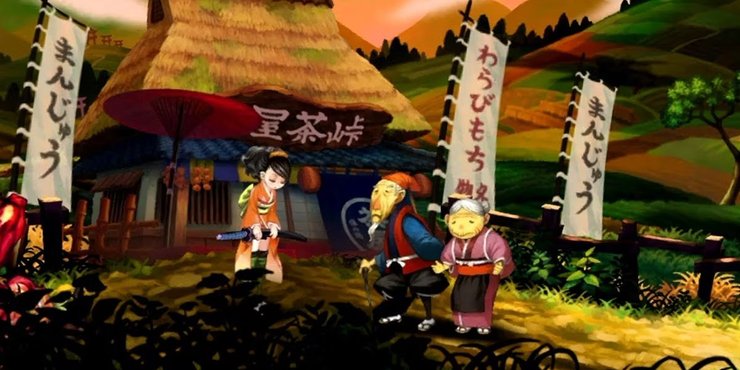
Devil Summoner: Raidou Kuzunoha VS The Soulless Army
While many video games have successfully adapted various historical periods of Japan, the Taisho period has received relatively less representation. However, Devil Summoner: Raidou Kuzunoha VS The Soulless Army, a spinoff from Atlus' renowned Shin Megami Tensei series, sheds light on this era. Departing from its predecessors, the game features real-time combat and a captivating plot set in the past. Players will be enthralled by the great protagonist, Raidou Kuzunoha, and appreciate the unique elements this title brings to the table.
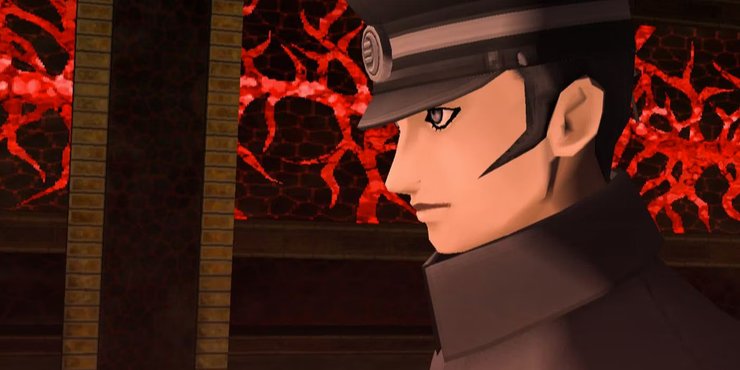
Onimusha Tactics
The Onimusha series heavily incorporates Japanese history, offering players an action-packed experience with a fixed camera perspective and a deep and rewarding combat system. While the series has remained dormant for some time, Onimusha Tactics represents a more experimental entry. This particular game, exclusive to a Nintendo console, provides a strong gameplay loop, even though its narrative may not be as compelling.
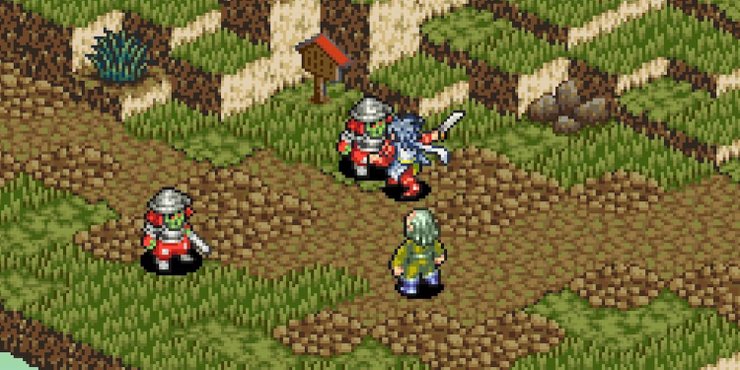
Oreshika: Tainted Bloodlines
Regrettably, only the second installment of the Oreshika series has been localized for Western audiences, leaving fans longing for the first game's availability. However, the localized title still delivers a magical experience. The games are set a century apart and feature separate stories. The focus revolves around multiple generations of a cursed bloodline that players must guide and help overcome their debilitating fate. With each generation's lifespan limited to a mere two years, players must make the most of their time and resources, creating an intriguing premise that keeps them engaged throughout.
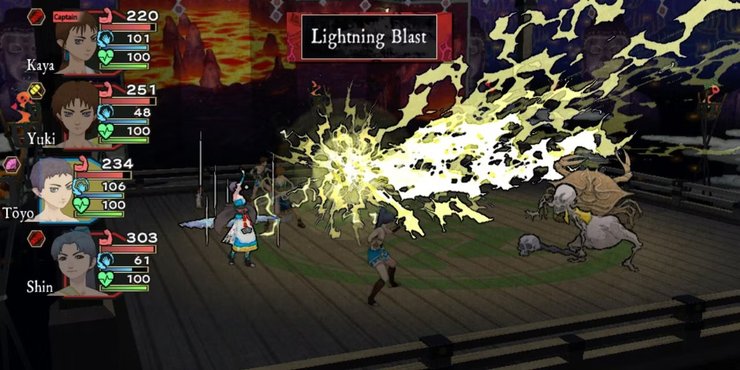
About JRPGs vs WRPGs
JRPGs are usually very story-focused, almost always with a pre-set protagonist with a pre-set history and personality, usually with a given or default name. They usually focus much more on numbers and dice rolls than player input, and are frequently turn based or have some kind of turn-based function.
WRPGs are much more player-focused, usually with an "avatar" type protagonist who the player gets to name and design, and even decide their own personality - the protagonist in a WRPG is not a unique character, but rather an avatar for the player to insert themselves into the world. WRPG gameplay tends to be less number-focused and more skill-based, and the gameplay centers around exploring the world and doing whatever you want to do rather than following an extremely linear story progression. Gameplay is often more actiony and not usually turn based.
These are different genres because they are VERY distinct gameplay styles - they are as different as a first person shooter and a third person shooter. Both are shooters but they both have very distinct elements to their gameplay that affects the experience - same is true here.
They're only named as such for the same reason that Italian food is called Italian food - the JRPG style was most popularized in Japan, with series like Final Fantasy, Dragon Quest, and Megami Tensei. The WRPG is popularized in the west with things like Elder Scrolls, Fallout, the Witcher, and Bioware's games.
>>> Read more: The 10 Best JRPGs On Xbox Consoles
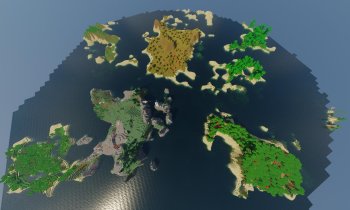
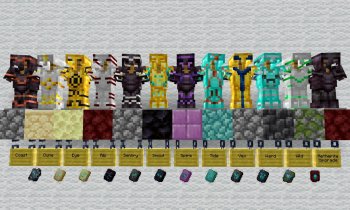








Comments